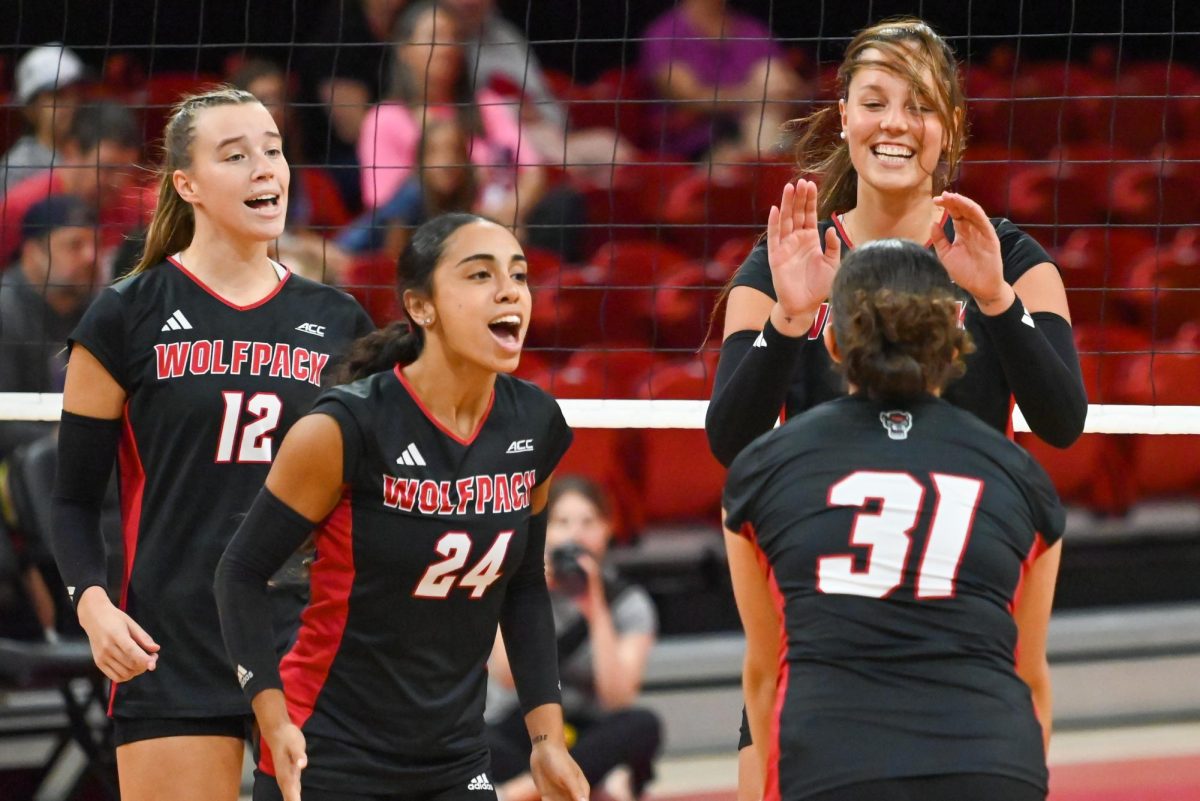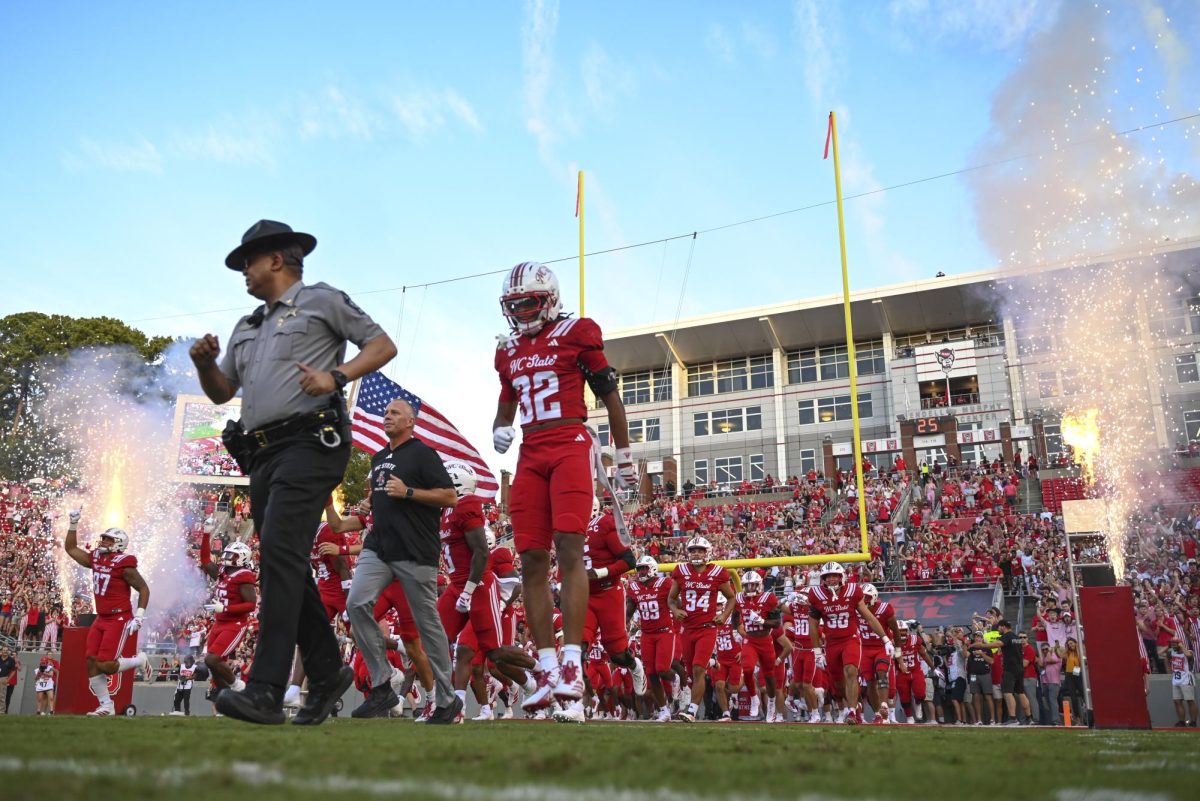Adjunct faculty members across the country claim they are being underpaid and undervalued by their employers, according to a report released by the U.S. House Committee on Education and the Workforce last month.
However, not all N.C. State adjunct faculty members agree with the report’s findings.
According to the report, 98 percent of respondents said they were “missing opportunities to better serve their students because of the demands of their schedule” and that their schedules were too loaded and unpredictable.
Despite the report’s findings, some adjunct faculty members said they don’t have quarrels with the program. However, these faculty members often have to work another job to compensate financially.
Several faculty members, such as Rick Langley, work within in the University without monetary compensation at all.
Langley, who has been an adjunct professor at N.C. State for two years, said he became an adjunct professor because he was already heavily involved with the school and wanted to form a stronger relationship.
While Langley said he has given guest lectures, he does not teach a regular course. Rather, he works as a liaison between N.C. State and the Division of Public Health where he has worked as a medical consultant for 15 years.
According to Susan Miller Cochrane, director of the first-year writing program at N.C. State, the availability of adjunct faculty member positions can be unpredictable.
The renewal of an adjunct faculty member’s contract depends on N.C. State’s budget.
The Department of English offers a number of writing courses that are taught by adjunct faculty members. The teachers of those courses typically don’t know whether their contracts will be renewed the following year, Cochrane said.
“[Contract renewal] can be a very stressful situation,” Cochrane said in a previous interview with the Technician. “It’s much more difficult to cut from tenure lines than from other areas of the budget. We used to offer longer contracts to faculty who had more seniority, five years. Now it’s one year at a time.”
Steven Hunter, an N.C. State adjunct professor of computer science and engineering, said he hasn’t taught a course in recent years due to frequent traveling, which prevents him from having a regular schedule. He said he does, however, mentor students and teach classes if there is a need.
Hunter said he serves as a member of a doctoral committee that guides students who are striving to receive a doctoral degree. The committee also provides feedback about their proposals.
According to Hunter, after being approached by someone on his Ph.D. committee at Duke University, he decided to become an adjunct professor at N.C. State. In 1997, Hunter taught his first course, a graduate class of about 100 students.
While teaching courses, Hunter said he was paid per class and though it was nice to have that extra income, he did not take the job for the money.
“I did it more for the enjoyment of teaching and engaging students,” Hunter said. “I like the academia atmosphere more than the money aspect.”
Susan Schiffman, a retired Duke University professor and an N.C. State adjunct professor of electrical and computer engineering, said that getting paid for a part-time position is not necessary and having access to labs and scientific articles is enough for her.
Schiffman said adjunct faculty members are an essential part of the University and that they help synergize projects.
“We need a combination of people,” Schiffman said. “One person does not have all the expertise to carry out the project. N.C. State is extremely welcoming and combines different kinds of skills, which is why N.C. State is so highly regarded.”
Similarly, Langley said he enjoys working with colleagues and being able to access research journals that are not available to him through his job at the Division of Public Health.
“I’m glad to have this position, I get to meet new scientists and work with them,” Langley said.
Langley, Hunter and Schiffman all said they did not receive payment for their work with the University, but that other aspects of teaching at N.C. State compensated.
Schiffman said she enjoyed working with N.C. State’s hard-working students and honest faculty.
“I love working with students,” Schiffman said. “I love research and I don’t need to be rewarded for that. It’s a wonderful feeling to work with students and see them grow and establish themselves professionally.”
Hunter said he plans to teach full time at N.C. State once he retires from his job at IBM. Though he said he believes his already established connection with the University would help, he admits that finding a position has a lot to do with timing.
“You can be a really good person for a job, but if there’s not a job, well that’s it,” Hunter said.
Adjunct faculty members are typically hired to teach courses for professors on leave for research, or to help handle classes with unexpectedly high enrollments, such as freshman English classes, labs and foreign language courses, according to Betsy Brown, vice provost for faculty affairs in a previous interview with the Technician.
Out of the total 2,068 faculty members employed by N.C. State in 2011, 338 were part time, Brown said.
Brown said most adjunct faculty members were hired from two-year colleges. She said research institutions like N.C. State typically had fewer part-time faculty members.




